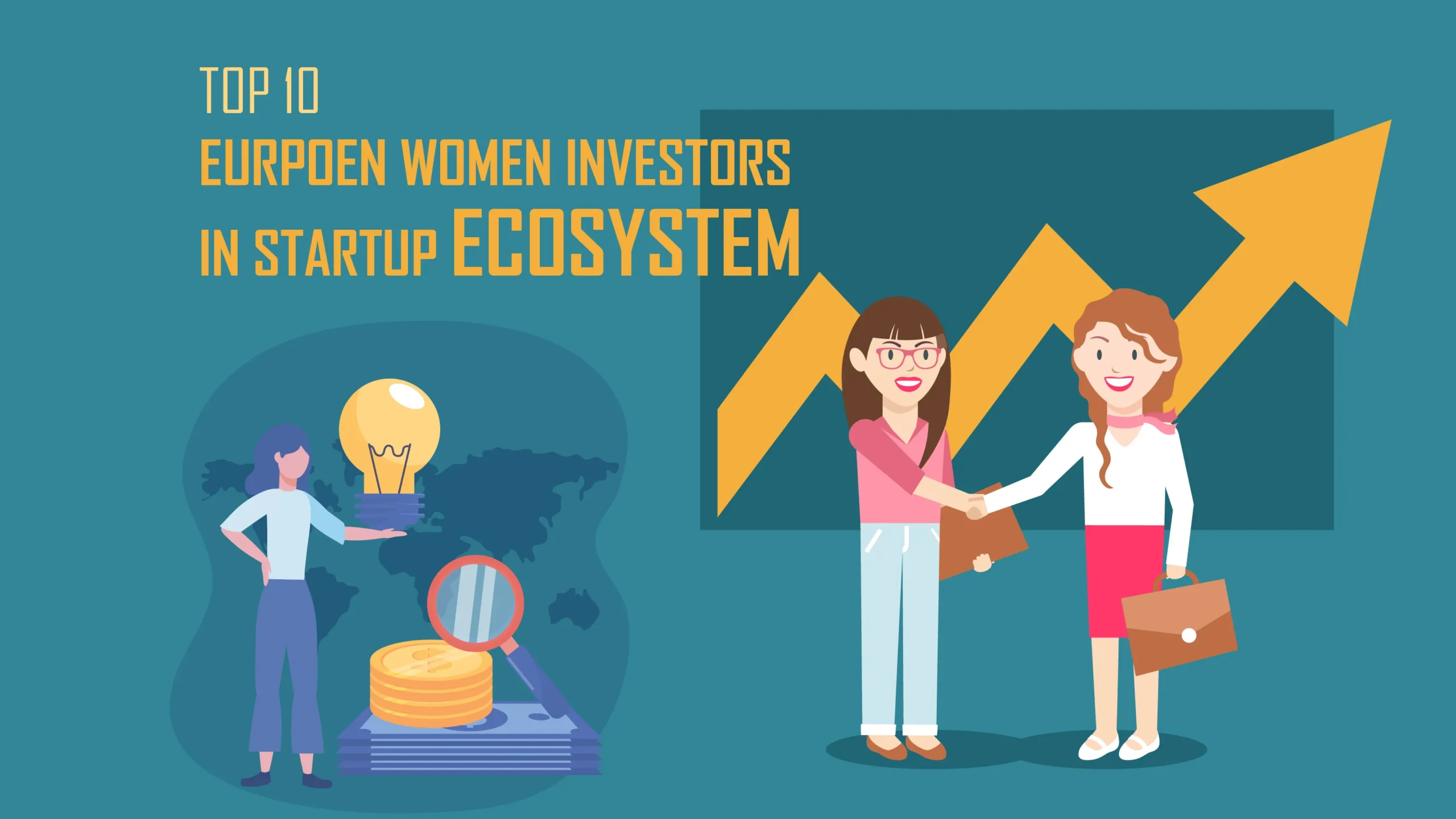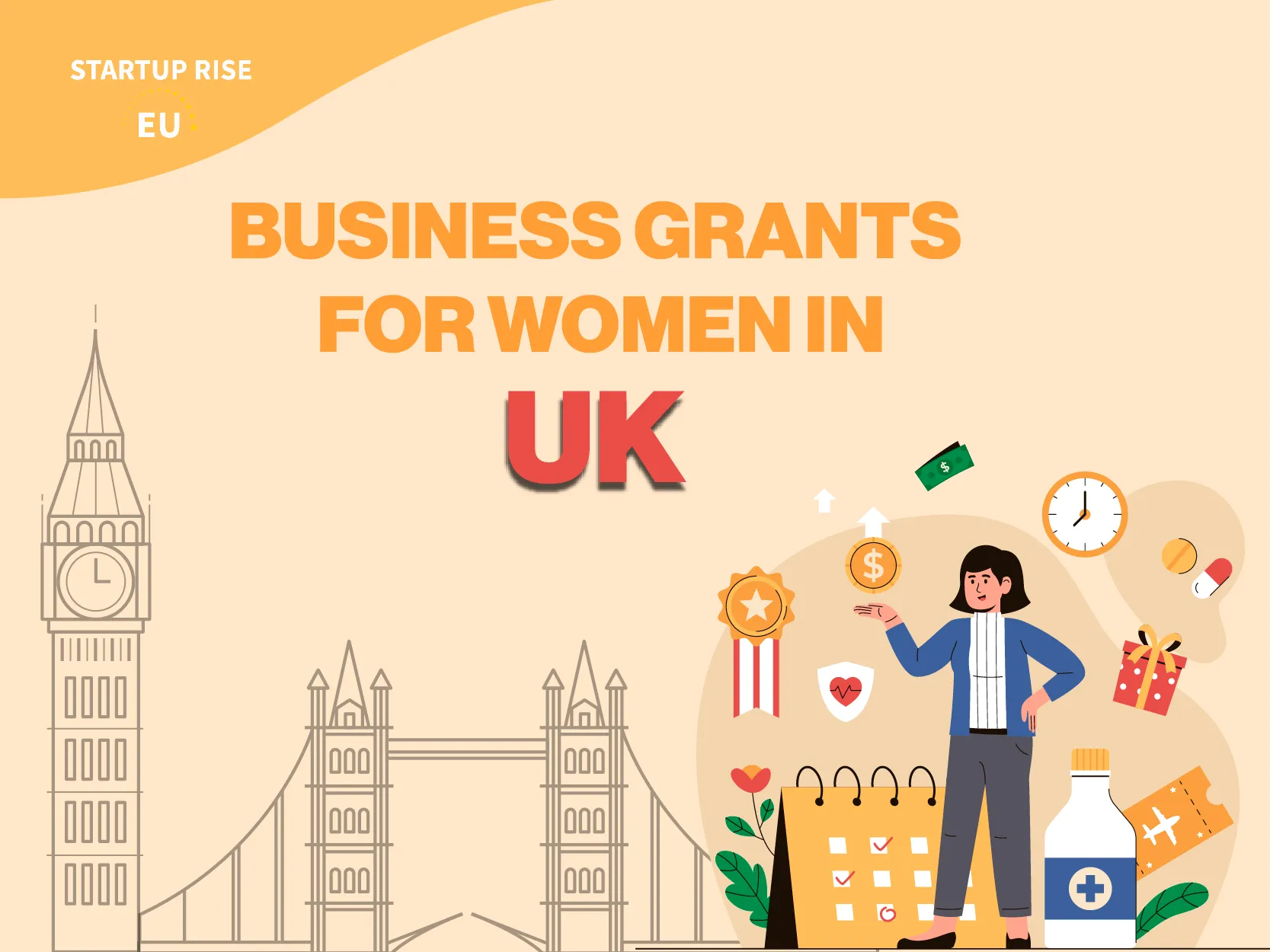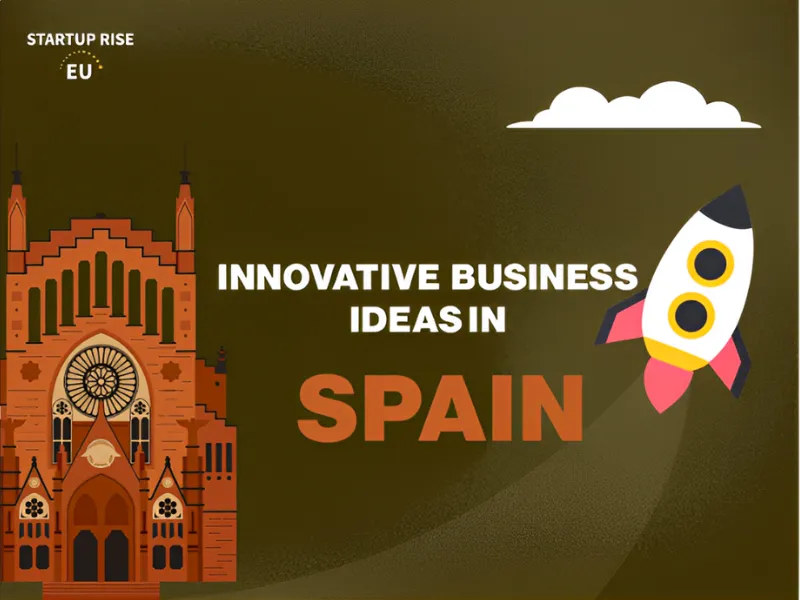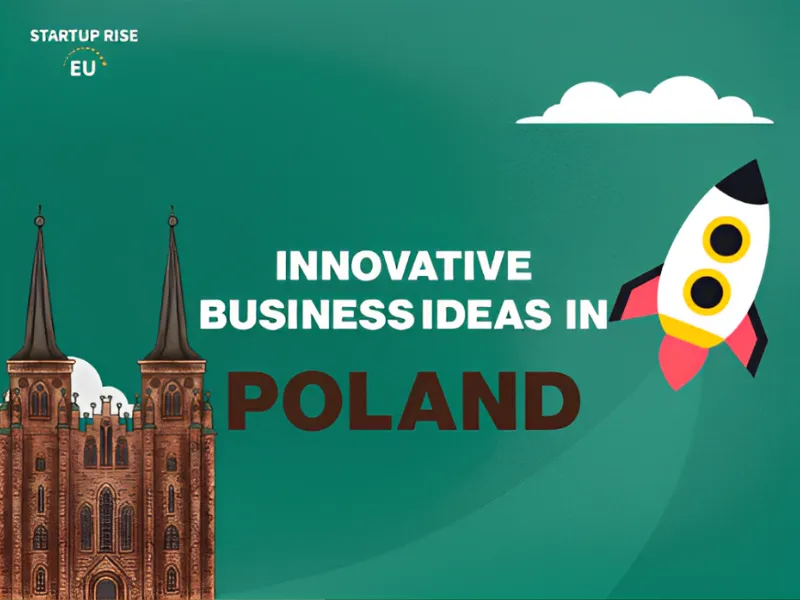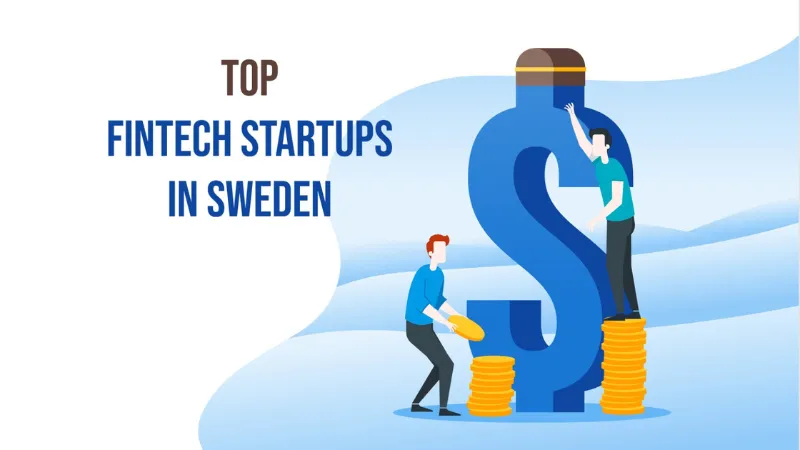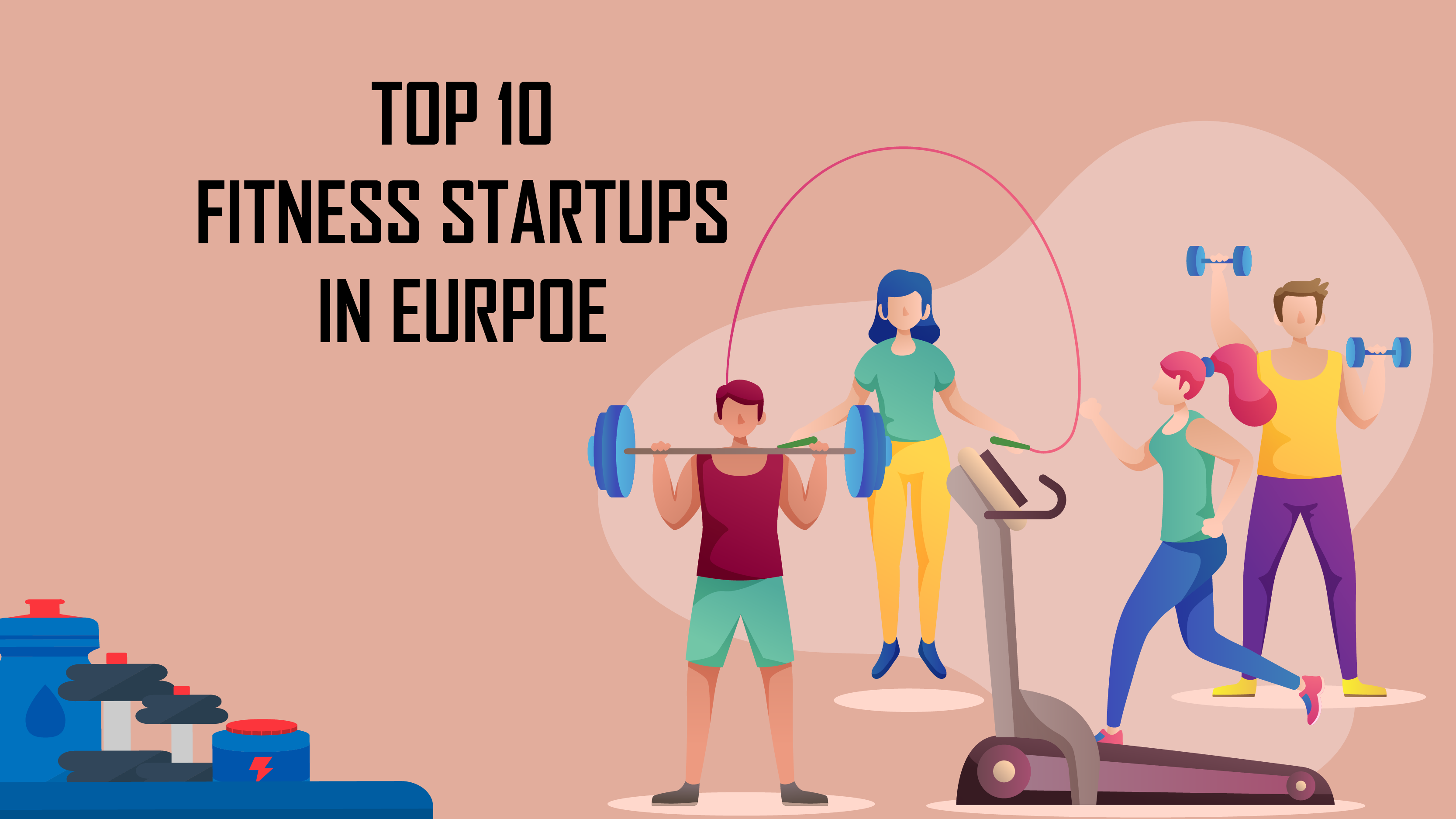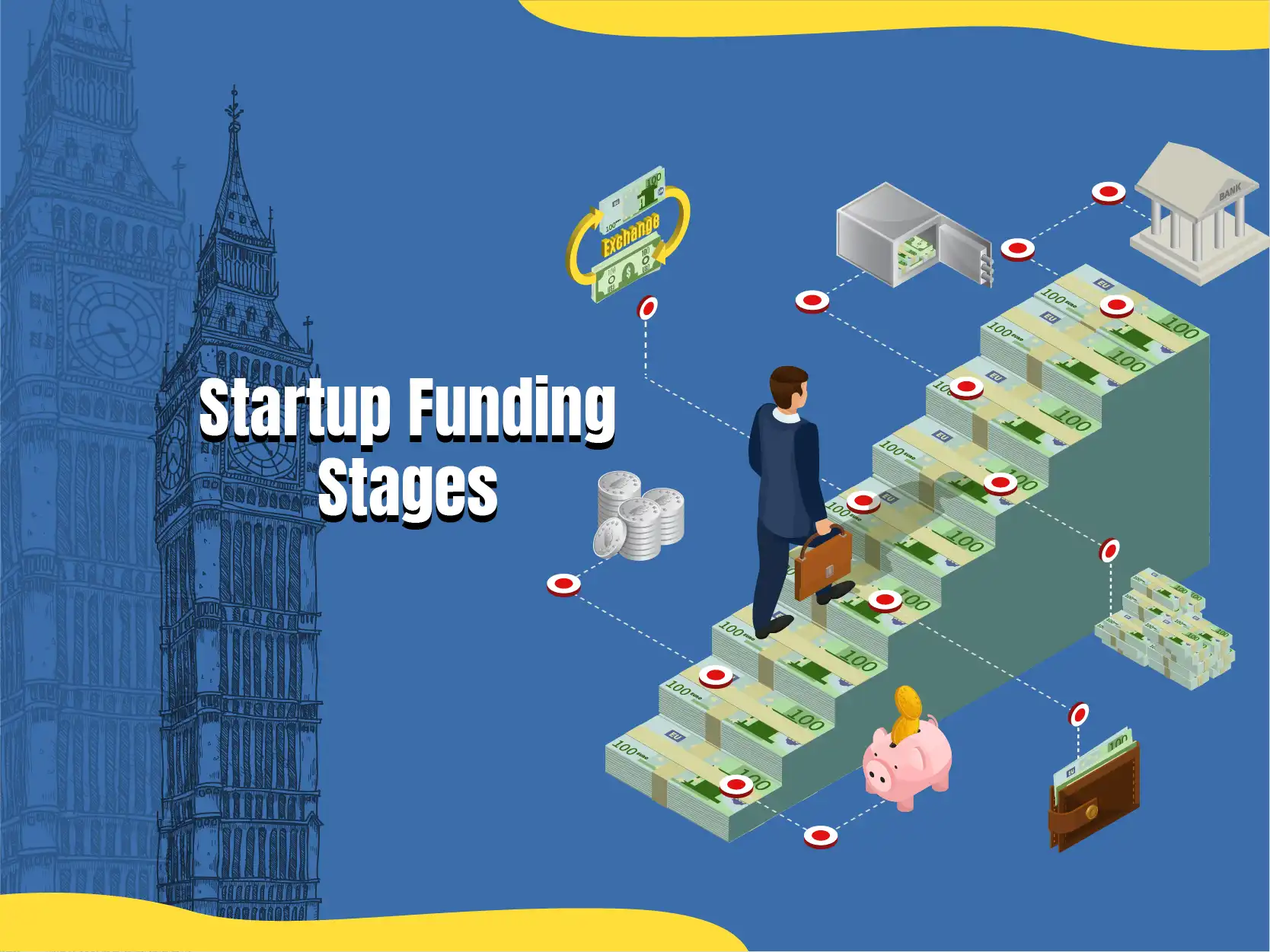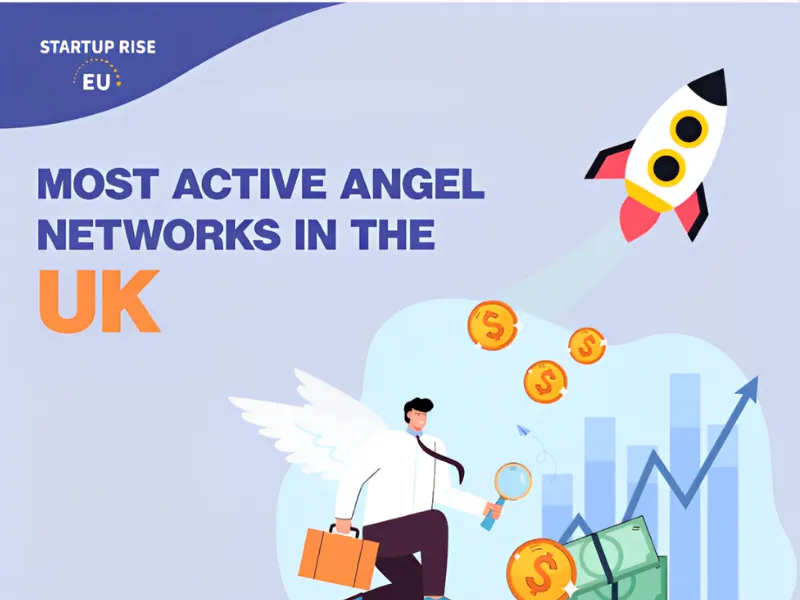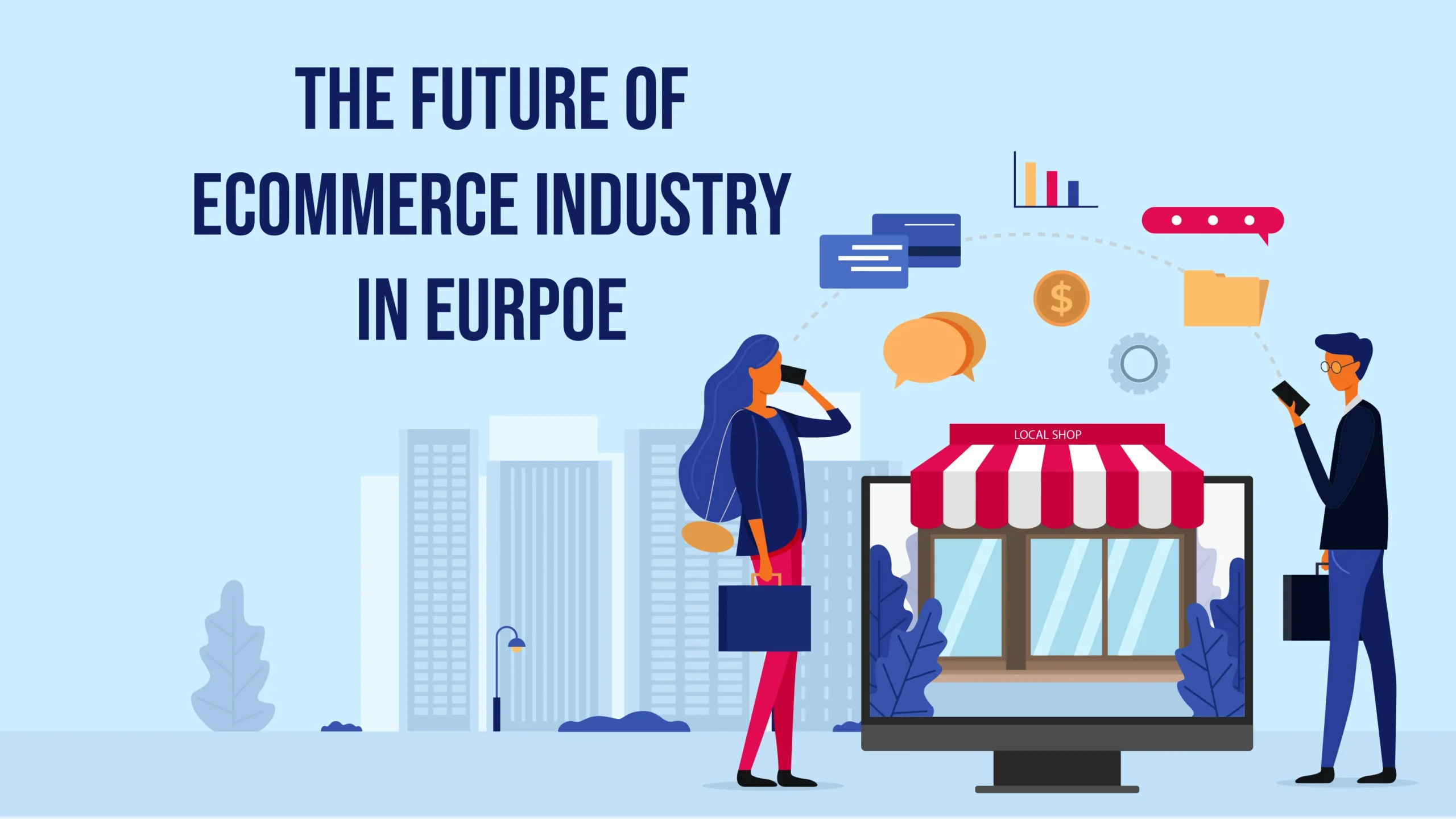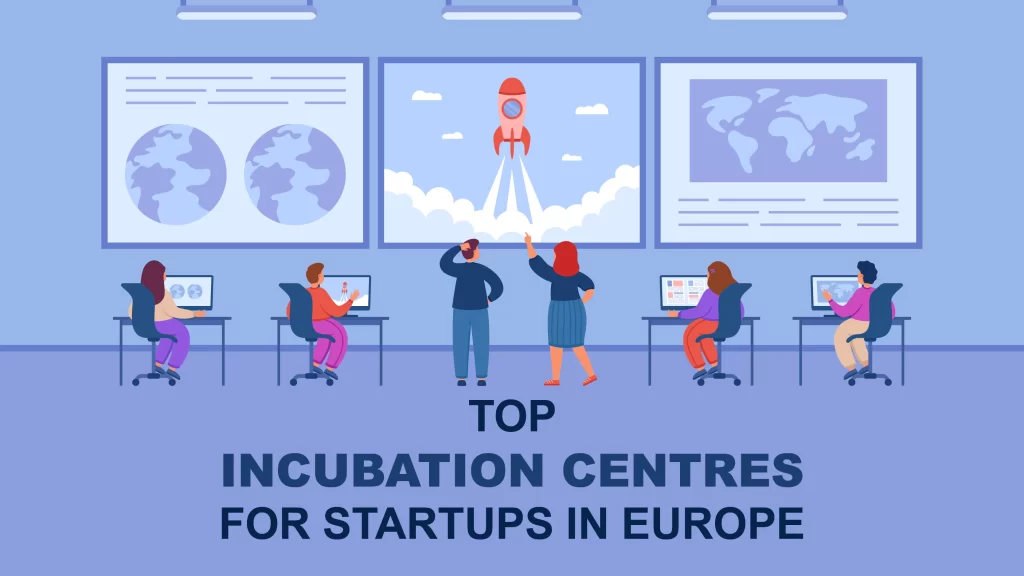
The cities like Berlin, Paris, Amsterdam, Stockholm, in Europe established themselves as expert startup hubs. Despite facing various issues like fragmented market and regulatory challenges, Europe's startup environment is lively and energetic. To encourage the growth of these innovative enterprises, startup incubators are designed.
A startup incubation centre acts like a guardian for emerging startups and businesses, providing facilities like shared office space, seed funding or financial assistance in the beginning, mentorship, guidance, and training along with expertise in the industry. These programs are often accommodated in a dedicated office building and are basically administered by a group of public and private institutions, focusing on their non-profit nature.
Business schools like Columbia and McCombs in Europe encourage their student and alumni participation in various incubation programs, identifying the educational benefits they offer. Government entities, community organisations, and established business owners contribute largely to the startup incubation centres.
Incubation centres usually charge a fee for their services instead of acquiring a stake in the startup. The duration of incubation centres programs differs, and startups may undergo predetermined sessions and responsibilities. Startups within incubation centres are challenged to redesign and refine their offerings and pitches throughout their existence in the incubation centre.
Key Startup Hubs in Europe
While cities like Berlin, Paris, Amsterdam, Stockholm, and Moscow have long-standing positions as startup centers, the UK maintains stability despite its withdrawal from the European Union. However, European startups face challenges such as lower funding and success rates compared to their American and Indian counterparts.
Challenges in Europe's Startup Ecosystem
Europe's fragmented market, diverse languages, and regulatory complexities pose challenges for startups. Distribution and marketing efforts are complicated, and the regulatory landscape varies widely across sectors and verticals. Despite these challenges, European startups are resilient, with bankruptcy rates comparable to American counterparts.
Top Incubation Centres For Startups in Europe
Techstars
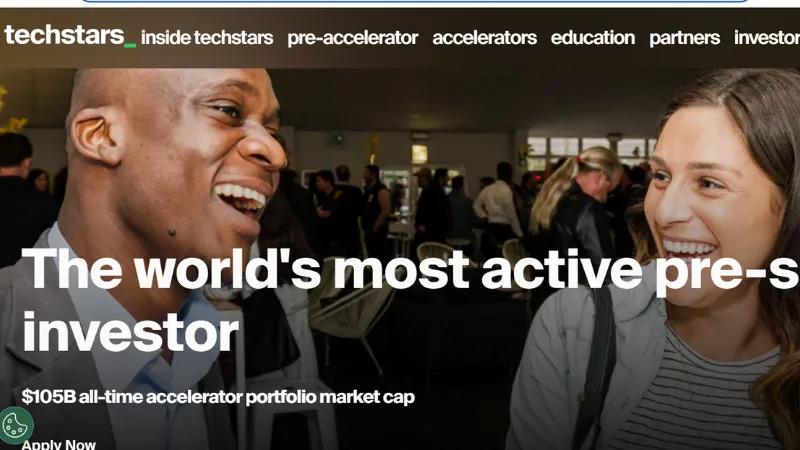
Industry: SaaS, IT, AI, ML, Fintech
Number of Investments: 5,359
Number of Exits: 426
Plug And Play

Industry: Consumer products, Consumer services, Financial services
Number of Investments: 5,222
Number of Exits: 1,054
Y-Combinator
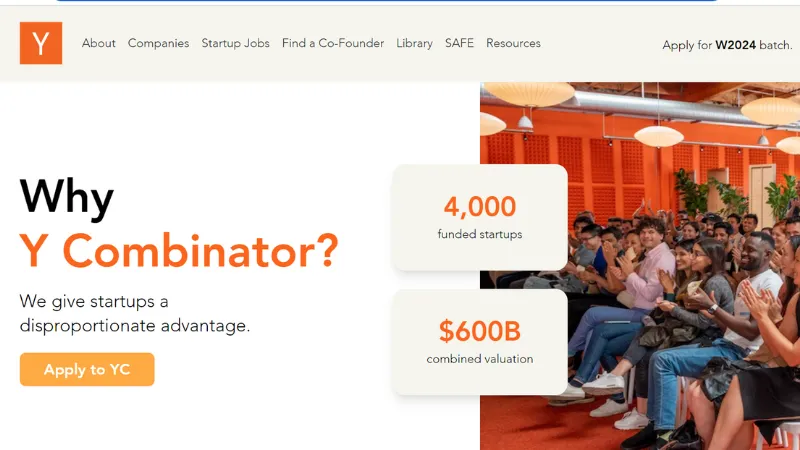
Industry: Fintech, SaaS, AI, ML
Number of Investments: 5,056
Number of Exits: 478
Mass Challenge
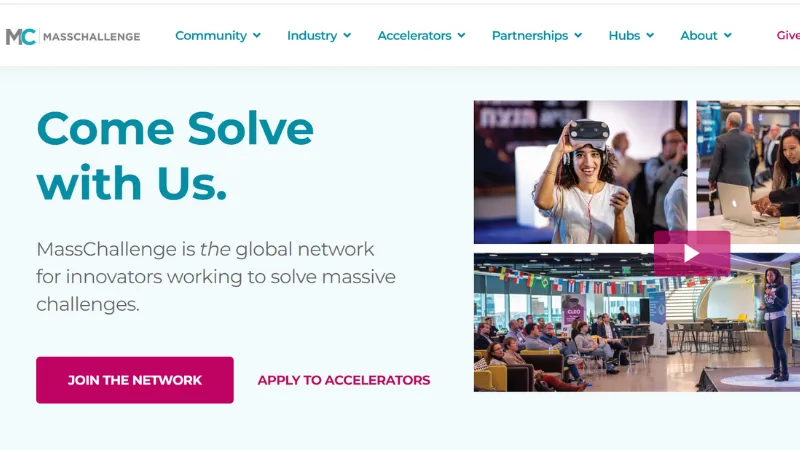
Industry: Fintech, IT, Healthcare Software
Number of Investments: 3,034
Number of Exits: 180
Venture Kick
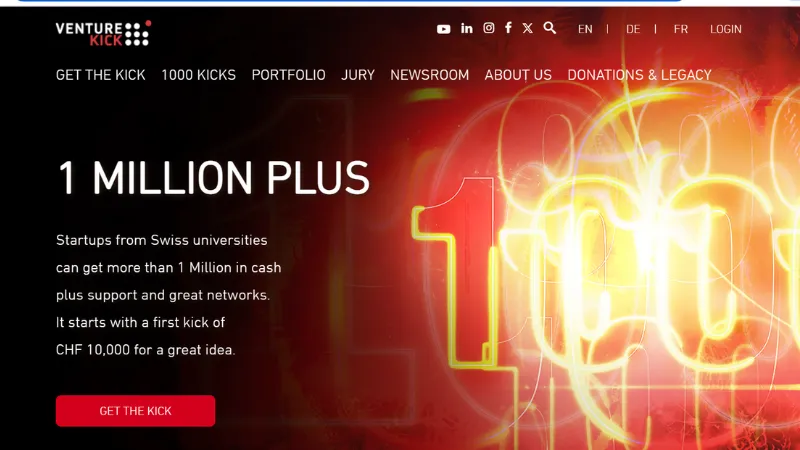
Industry: Biotech, IT, AI, ML, Healthcare
Number of Investments: 1,286
Number of Exits: 52
Wayra

Industry: SaaS, IT, AI, E-commerce, Education
Number of Investments: 1,203
Number of Exits: 43
Creative Destruction Lab

Industry: Science and Technology
Number of Investments: 745
Number of Exits: 48
Startupbootcamp
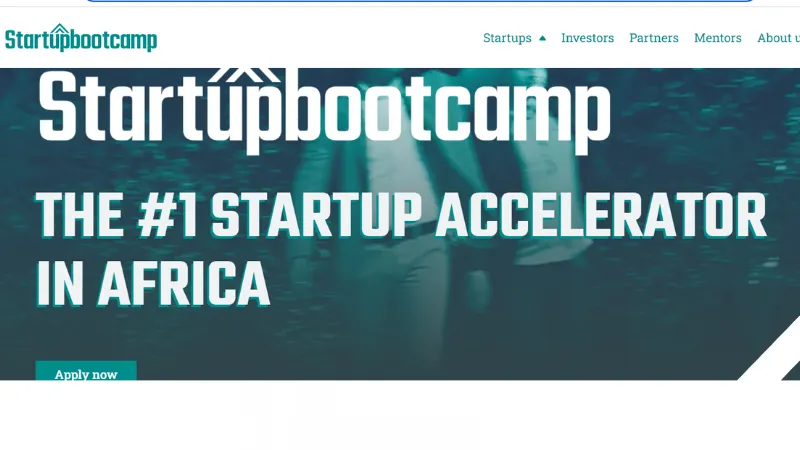
Industry: Software, Financial Services, and IT
Number of Investments: 540
Number of Exits: 39
Seedcamp

Industry: SaaS, ML, AI, IT, Healthcare
Number of Investments: 530
Number of Exits: 58
Startup Wise Guys

Industry: Software, IT, and SaaS
Number of Investments: 446
Number of Exits: 7
Acequia Capital

Industry: IT, AI, ML, Biotech, SaaS, Healthcare
Number of Investments: 439
Number of Exits: 47
Antler
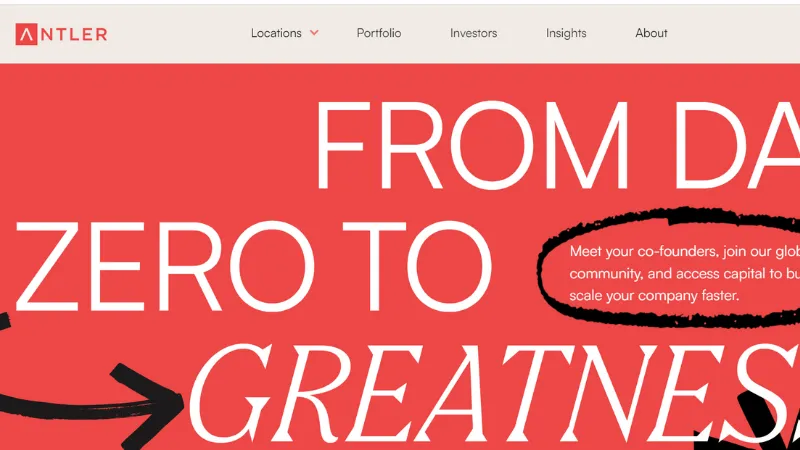
Industry: Retail, Consumer Goods, SaaS, and Financial Services
Number of Investments: 403
Number of Exits: 33
Startup Funding Club
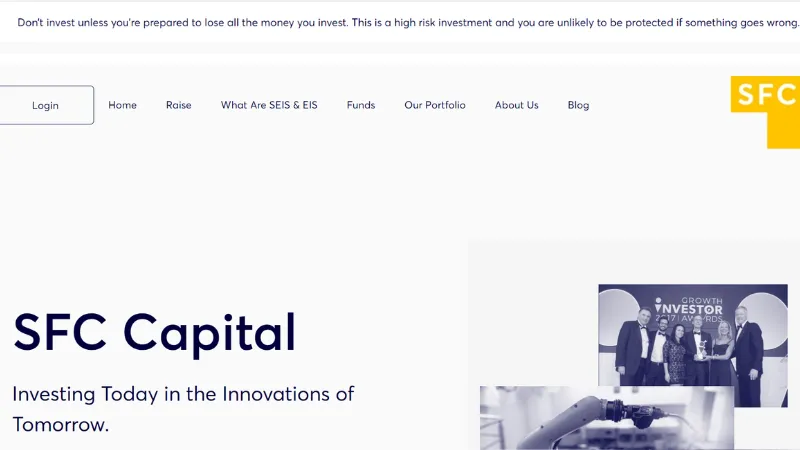
Industry: SaaS, Fintech, AI, ML, IT, Healthcare
Number of Investments: 398
Number of Exits: 13
Entrepreneur First

Industry: Artificial Intelligence, Software, and Machine Learning
Number of Investments: 380
Number of Exits: 23
These incubators cover a diverse range of industries and have played instrumental roles in supporting startups across Europe, fostering innovation, and contributing to the region's economic growth.
Conclusion
Startup incubators and accelerators are integral components of Europe's evolving startup ecosystem. By providing essential resources, mentorship, and access to networks, these programs empower startups to navigate challenges, refine their offerings, and attract investment. As Europe continues to compete on the global stage, the role of these incubation centers remains crucial in nurturing the next generation of innovative enterprises.
The diverse landscape of incubators and accelerators highlighted in this article demonstrates the richness and potential of Europe's startup ecosystem, offering a promising future for emerging businesses on the continent.


 Follow us
Follow us Follow us
Follow us

